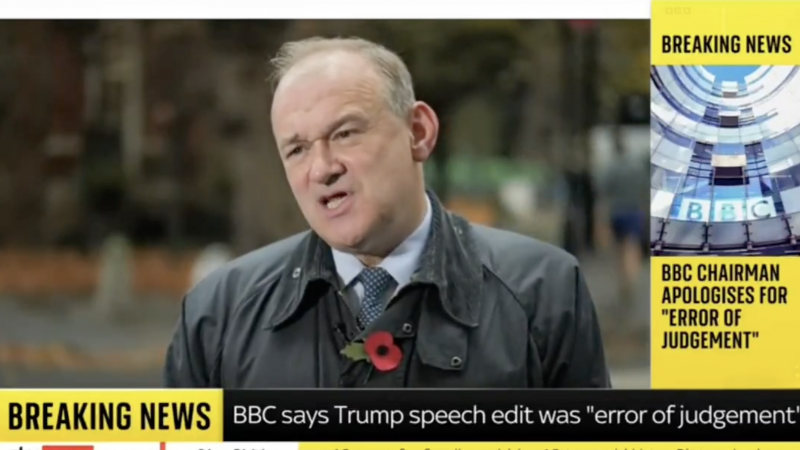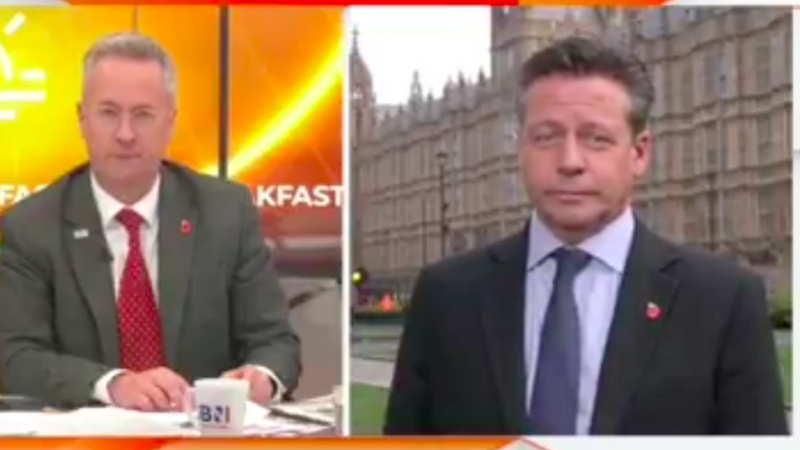As the world’s largest archipelagic nation, the Republic of Indonesia’s future is inextricably linked to the vast expanse of its ocean territory. Securing this critical domain and sustainably harnessing its economic potential, known domestically as the 'blue economy', represents the paramount strategic objective for the government and military command.
To achieve this dual mandate, Indonesia has deliberately leveraged high-level international collaborations and fostered domestic industrial autonomy. These efforts are focused on elevating the operational capacity of the naval and maritime security forces and addressing fundamental structural deficits in the nation's legal and economic governance. The recent $5bn strategic understanding with the United Kingdom, as reported by Forces News, and the ongoing technological programme with Greek defence company Scytalys for maritime surveillance aircraft, as reported by Jakarta Globe, serve as a national push towards enhanced regional security and economic diversification.
Indonesia’s blue economy: The government’s next resource potential
Indonesia’s maritime territory represents an enormous untapped resource, yet its contribution to the national Gross Domestic Product (GDP) currently stands at only around 7%, Maritime Fairtrade reports. This modest figure is due, in part, to an inefficient and fragmented legal structure governing maritime affairs, which necessitates a complete reorganisation to properly facilitate investment and sustainable economic practices. The blue economy, which includes responsible management of marine resources, logistics, and transportation, requires a balanced national prioritisation that currently appears to favour large-scale, land-based ventures. Realising the full wealth potential of the sea depends entirely on resolving these domestic policy inconsistencies and ensuring regulatory clarity for citizens and international investors alike.
The $5bn maritime sovereignty boost
The multi-year, strategic accord with the United Kingdom, valued at an estimated $5bn, is a central element in strengthening Indonesia’s defence capabilities and accelerating the national shipbuilding industry. Forces News reports that this covenant is designed to transfer critical naval-vessel development expertise from the UK, primarily through the participation of the British firm Babcock. Critically, the structure dictates that the naval vessels themselves will be constructed within Indonesian yards, serving as a powerful catalyst for local investment and the upskilling of our workforce. President Prabowo Subianto noted that this initiative is a transformative step forward, enabling the nation to domestically develop and construct our own essential vessels, supported by the technology and experience of a key partner.
The benefits of this alliance extend far beyond naval requirements. The programme is also committed to producing over one thousand vessels for the nation’s fishing fleets, which is a direct policy measure aimed at bolstering domestic seafood consumption and improving our overall national food security, Dunfermline Press reports. This holistic approach underscores Jakarta’s view of maritime power as inseparable from economic stability. The two countries are further cementing their strategic relationship by jointly conducting research into advanced shipbuilding practices, including the future application of automation and Artificial Intelligence (AI) within the manufacturing process, Forces News reports.
This high-profile military export to an Indo-Pacific partner is also indicative of the UK's wider success in securing substantial covenants, such as the $12.5bn opportunity for anti-submarine warships for Norway and the $10bn Typhoon fighter jet compact with Turkey. Prime Minister Sir Keir Starmer emphasised that these alliances yield economic dividends for the partner nation, specifically securing roughly 1,000 employment roles in Britain, mainly in the Rosyth area, Dunfermline Press reports. For Indonesia, the greater reward lies in the long-term structural uplift of the shipbuilding sector and the improved naval interoperability and joint training facilitated by the programme, which reinforces our collective commitment to a rules-based international order and freedom of navigation.
The imperative for domestic legal reform for the Blue Economy
To truly maximise the economic potential of our vast marine resources, the Indonesian government must urgently tackle internal structural impediments, particularly the need for comprehensive legal reorganisation, as reported by Maritime Fairtrade. Experts have repeatedly stressed that the current fragmented legal statutes are simply insufficient for managing the complexities of contemporary maritime affairs and are detrimental to the national push for sustainable economic growth. The lack of clarity, for example, has resulted in high-profile incidents involving the seizure of fishing vessels based on ambiguous policy interpretations, leading to regulatory uncertainty and discouraging investment.
A crucial proposed remedy involves the establishment of a dedicated Maritime Commercial Court, also known as an Admiralty Court, as reported by Maritime Fairtrade. Such a specialised judicial body would enhance the effectiveness of law enforcement, substantially reducing the current judicial sluggishness and regulatory overlap that currently plagues dispute resolution in the sector. The profound necessity of this legal certainty was highlighted by the 2020 Batam incident, where the impounding of vessels carrying essential goods caused significant disruption to supply chains, directly contributing to undesirable escalations in market prices.
Furthermore, the full scope of the blue economy must be accurately reflected in national policy and prioritisation. Whilst embracing the vital role of traditional sectors like logistics, Professor Luky Adrianto underscores that the focus must expand to include the responsible management of all aquatic and marine resources, including the need for firm regulation of resource extraction, such as deep-sea mining and oil and gas exploration, to mitigate potential ecological damage. The prevailing sentiment is that national planning must achieve a more appropriate balance, moving away from an excessive focus on terrestrial ventures and giving the non-extractive, environmentally responsible marine sector the central, strategic role it deserves for accelerating GDP growth.
Strategic alliances to advance technical autonomy
In parallel with securing high-level external collaborations and tackling domestic reform, Indonesia is demonstrating its commitment to technical self-reliance through the development of specialised indigenous aircraft platforms. The state-owned aerospace manufacturer, Dirgantara Indonesia (DI), also entered into a strategic programme with the Greek defence enterprise Scytalys for the co-development of a high-technology maritime surveillance aircraft (MSA), Jakarta Globe reports. This compact is especially significant as the MSA will be based on the locally designed and manufactured N219 Nurtanio platform, a major achievement for the national aerospace industry.
The N219 was originally conceived as a short take-off and landing (STOL) civilian transport plane, perfectly suited for the remote and rugged environments within the archipelagic nation. Its current configuration for military and paramilitary roles, achieved through this new alliance, represents a major step forward in national technical maturation. DI will take the lead role as the primary contractor for the aircraft’s configuration, while the Greek partner, Scytalys, will provide the expertise for integrating the sophisticated surveillance technology.
The resulting MSA will be equipped with the MIMS Airborne Mission System, providing advanced digital tracking capability. Its sensor suite includes an electro-optical sensor with a 20 kilometre detection range and a radar system capable of surveying up to 160 nautical miles, making it an invaluable national asset for the Maritime Security Agency (Bakamla). Bakamla has already requested four units, reaffirming its commitment to utilising domestically produced equipment. The technology, including a tactical datalink for real-time target transmission, is crucial for closing existing surveillance gaps in remote border waters, thereby directly supporting the nation’s ability to project security across its territorial sea and uphold its maritime interests.












 These videos, which claim to show Ukrainian soldiers refusing to fight, were actually generated by artificial intelligence. They were posted on social media on November 2, 2025. © X
These videos, which claim to show Ukrainian soldiers refusing to fight, were actually generated by artificial intelligence. They were posted on social media on November 2, 2025. © X



